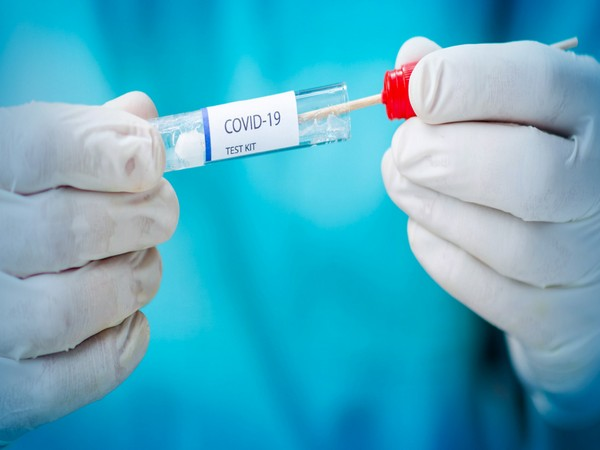

The World Health Organization (WHO) Guideline Development Group recommended the use of two arthritis drugs called baricitinib and interleukin-6 (IL-6) in combination with corticosteroids to treat patients with severe or critical COVID-19, on Friday.
“Today’s recommendations are based on new evidence from seven trials involving over 4,000 patients with non-severe, severe, and critical covid-19 infection,” the group said in the British Medical Journal, reported Sputnik.
Trials showed that a combination of corticosteroids with baricitinib and IL-6 – drugs of the Janus kinase inhibitor (JAK) group used to treat rheumatoid arthritis – improves the survival rate and reduces the need for pulmonary ventilation, with no increased adverse effects.
“When both are available, they suggest choosing one based on cost, availability, and clinician experience. It is not recommended to use both drugs at the same time,” the experts said, reported the news agency.
Furthermore, the experts advised against using two other JAK inhibitors known as ruxolitinib and tofacitinib for COVID-19 patients in severe or critical condition, as limited trials have shown no benefit, with the possible occurrence of serious side effects.
The WHO’s guideline update also recommended the use of monoclonal antibody drugs, such as sotrovimab and casirivimab/imdevimab, in patients with mild COVID-19, but only in those at the highest risk of hospitalization. The experts noted that there isn’t sufficient evidence to recommend one variant of monoclonal antibodies treatment over another.
The updated guideline complements previous WHO recommendations on using IL-6 receptor blockers and systemic corticosteroids in patients with severe or critical COVID-19; conditional recommendations on the use of casirivimab/imdevimab (another monoclonal antibody treatment) in select patients; and against the use of convalescent plasma, ivermectin and hydroxychloroquine in patients regardless of disease severity.